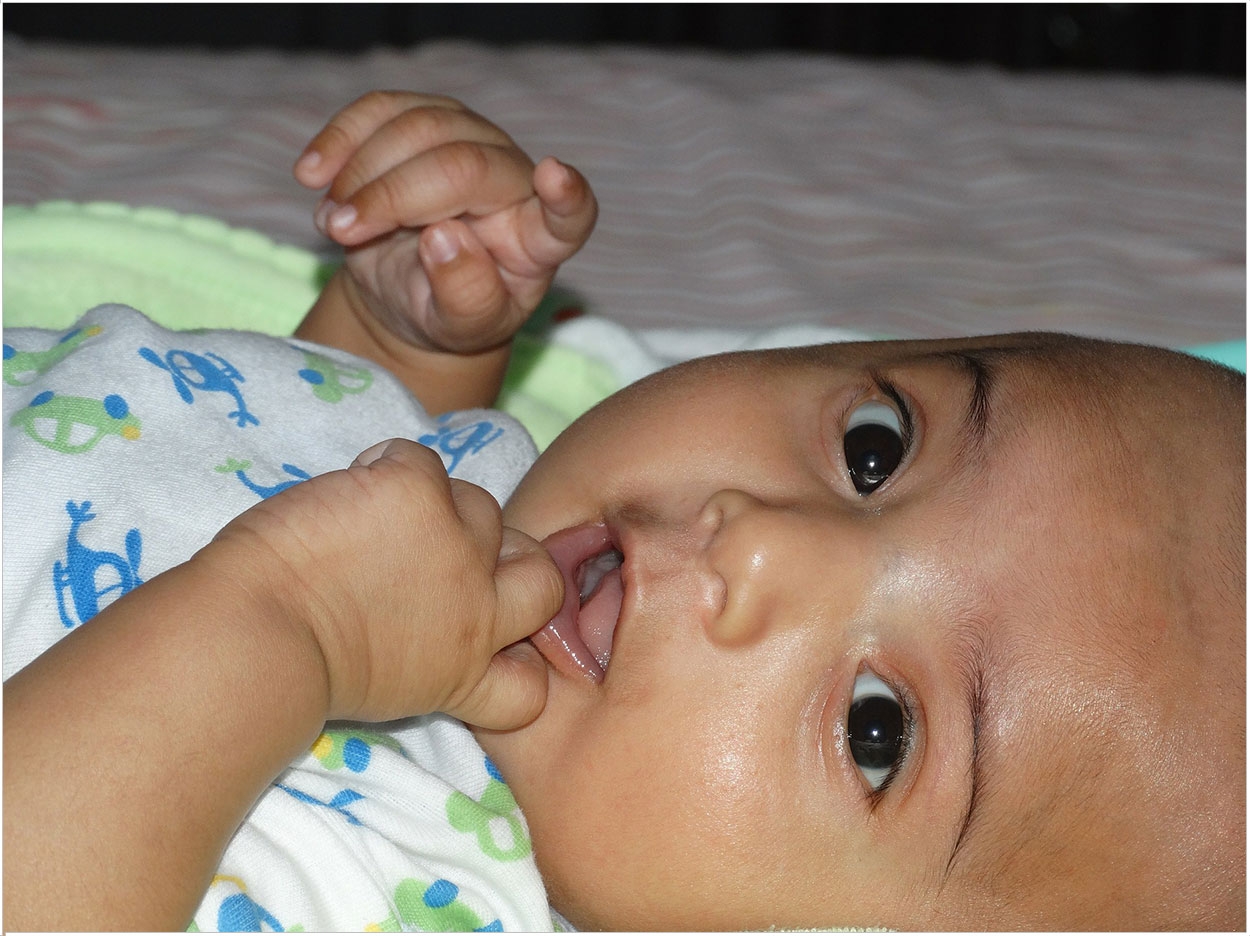
More than a third of the residents in the Bronx, NY, were born outside of the United States. These immigrants often face language barriers and aren’t aware of the medical resources that are available to them, putting their health—and the health of their children—at risk.
Using a $3.7 million grant from the National Institutes of Health, the Albert Einstein College of Medicine and Montefiore Medical Center will test an intervention program to improve the health outcomes of the children of South Asian immigrants in the community.
Community health workers, who also will be South Asian women, will visit 377 South Asian mothers and their families with children who are 4 to 5 months old in the Bronx and the greater New York area to help them learn healthy feeding practices and improve oral hygiene.
“We’ve found that many new mothers bottle-feed more frequently and delay weaning to a later age than is optimal for their children,” said Alison Karasz, PhD, associate professor of family and social medicine at Einstein and principal investigator on the project.
“This can result from overcrowded homes, where mothers feel pressure to keep their children quiet, or concerns about children getting enough to eat,” Karasz said. “Based on our pilot program, we expect that when mothers are provided resources and support from someone they see as their peer, feeding practices will improve, and so will children’s health.”
The home-based intervention is titled “Child Health Action to Lower Oral Health and Obesity Risk,” or “CHALO!” which means “Let’s go!” in Hindi. It will target excess bottle-feeding and the extended use of bottles and sippy cups, which are the 2 most significant risk factors for childhood obesity and cavities.
“We know that health behaviors and eating patterns in the first few months of life can have an oversized impact on long-term health,” said Karasz. “Obesity and caries are the 2 most common childhood diseases in the United States and impose a significant, lifelong burden.”
The community health workers will visit these families 6 times during the course of a year and will supplement with phone support. They will work with the mothers and their families to make changes such as:
- Listening and responding to children’s cues about when they are hungry and when they are full;
- Making and keeping dental visits;
- Ending the common practice of using food to pacify children.
The health workers will assess the children’s oral health and height and weight at 6, 12, and 18 months to evaluate the intervention’s efficacy. They also will use intraoral cameras and send images of the children’s teeth to the University of Rochester School of Medicine & Dentistry for review. Using an iPad, they will assess feeding and oral health practices in collaboration with Columbia University dental researchers as well.
The Einstein researchers are partnering with Sapna NYC, a New York-based nonprofit organization, to deliver the intervention. The mothers will be identified through Montefiore and the South Asian Practice Partnership for Health Improvement and Research.
Related Articles
Practice Dentistry at the Top of the World
Project Triples Dental Care for Underserved Children in Los Angeles
Virtual Dental Homes Improve Care and Cut Costs












